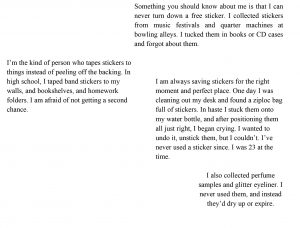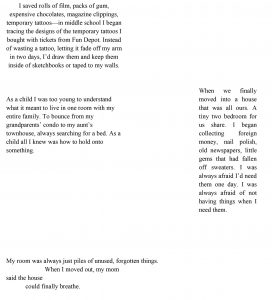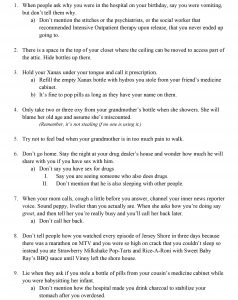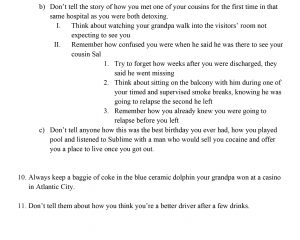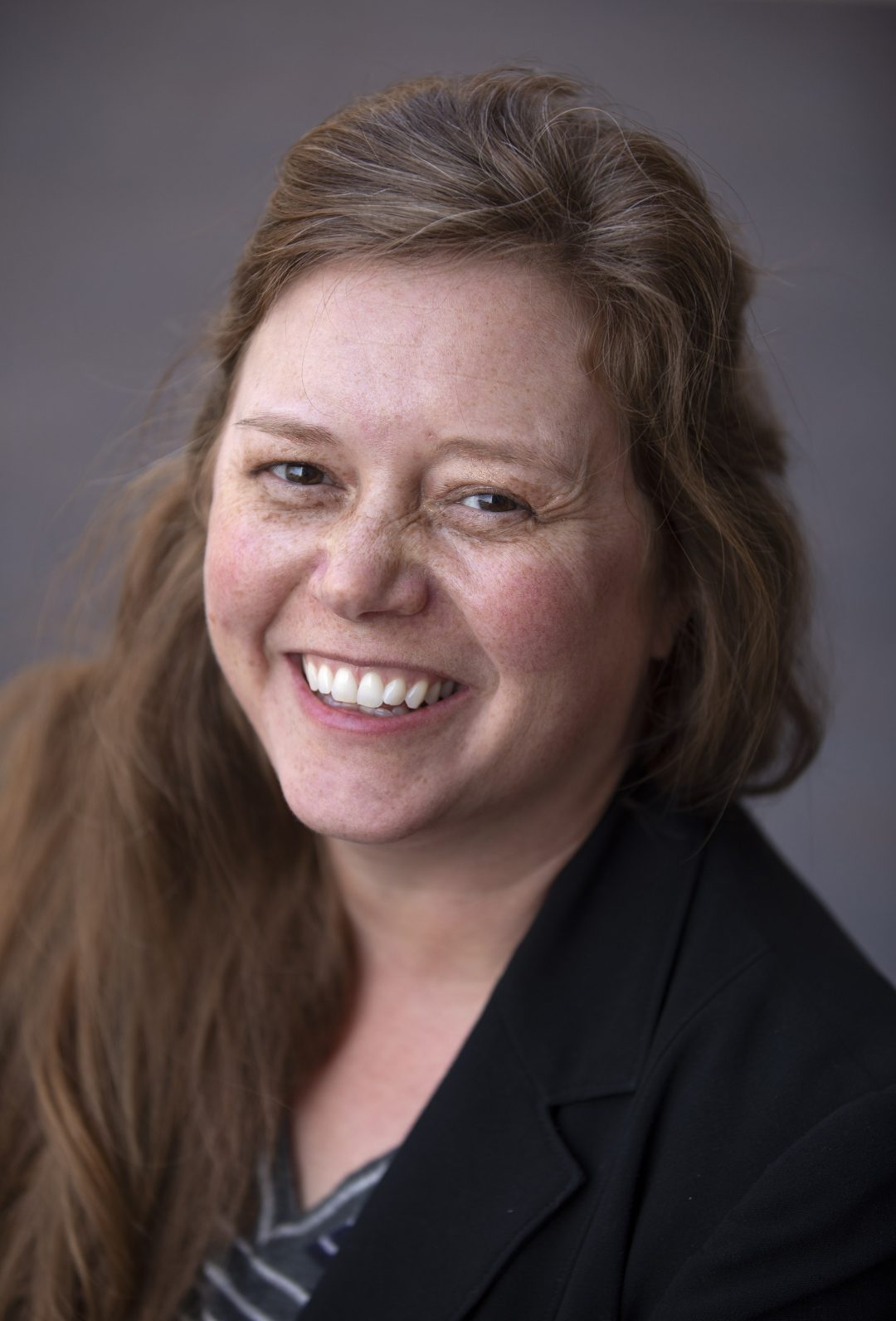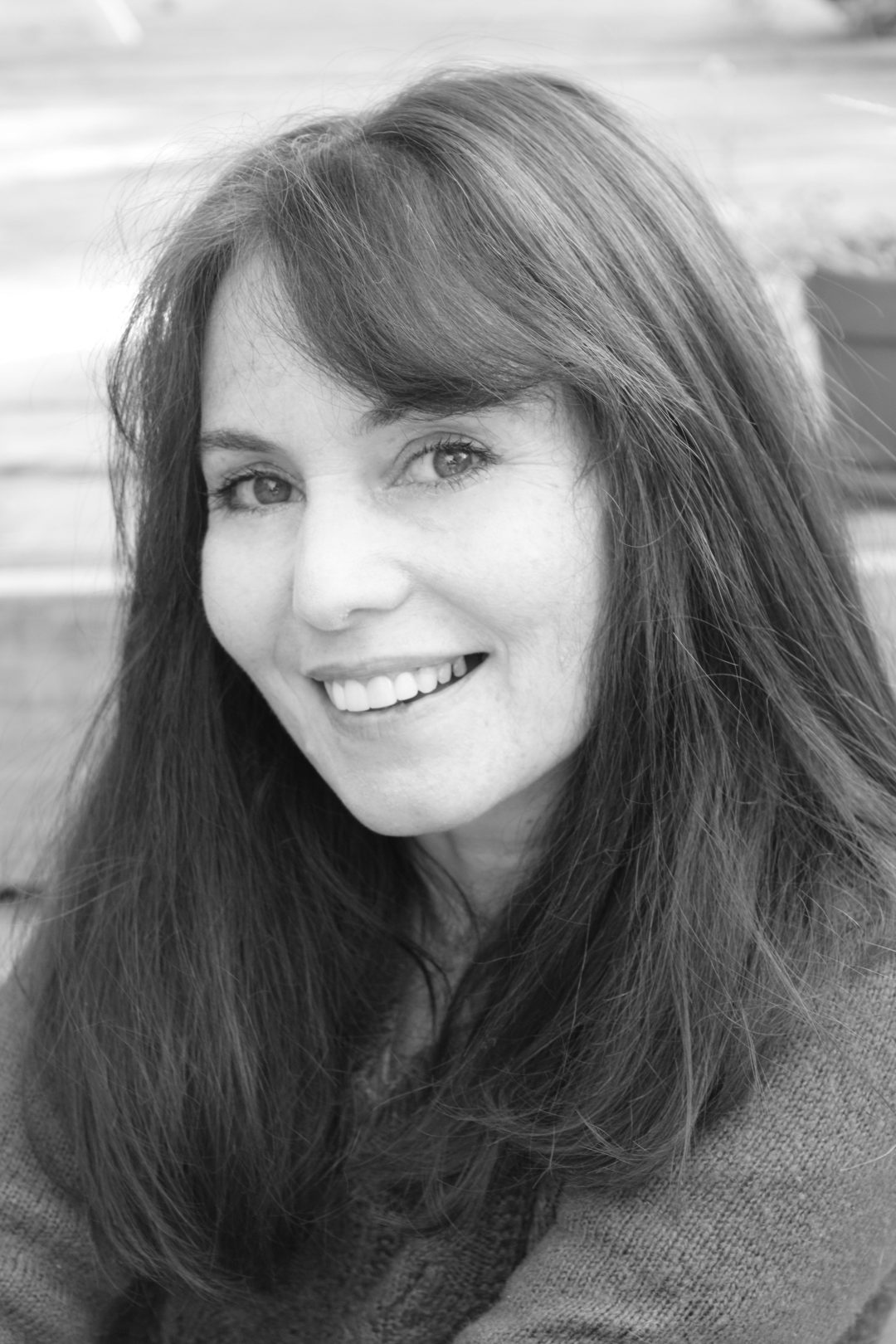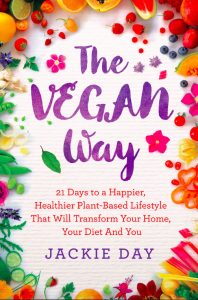Hormone Horoscope
Day 17
After working all day, you pick the kids up from school, come home, sit on the couch and notice tension in your shoulders. Why? It wasn’t a particularly stressful day. You play Chutes and Ladders with your six-year-old son, a Curious George cartoon chatters in the background. When your eight-year-old daughter belts out, “Could somebody get me some more TP?” from the bathroom, you lose focus, but only for a second. She perches on the porcelain, toes dangling, not touching the tile floor as you walk in and; hand her a roll.
What day is it? You check your phone, specifically the new app you downloaded just over two weeks ago when you began your last period. Ah. You’re sliding down now. No wonder you’ve harnessed Wonder Woman powers around the house, in the bedroom. You’ve had energy to work a full day, do laundry, clean the shower, and make dinner. Even had some leftover oomph to read before bed. You haven’t wanted to snack all day long. Haven’t opened those Oreos on the shelf in the pantry.
You’ve wanted to talk with your mother on the phone, run through the sprinklers at the park as you chase your kids toward the playground monkey bars.
Day 18
You wake a little sluggish, make your daily coffee—two scoops Maxwell House to 4 cups water. In place of your 2%, you reach for the mocha-flavored creamer. You take your Super B Complex, C and D vitamins while the brew steams. Think to yourself that cream cheese on a bagel sounds good. But then decide to grab a yogurton the way out the door, instead. In the next week or so, you’ll need all the fiber and probiotics you can get.
As you head to the bathroom for a shower, you kiss your daughter on the cheek and whisper, “Wake up, Sleepyhead.” Look closer in the magnifying mirror, say hello to your crow’s feet. They’re getting deeper. Inhale slowly. Hold your breath. Sigh as you exhale through your nose, relaxing your jaw and clenched teeth.
Day 19
You notice fingertips beneath the bathroom door as you step into the shower. Tell your little boy in a raised voice it’s time to get dressed and ready for school. You don’t want to cover up and hide, but realize he’s getting older, may start remembering things like your silhouette. Lately he’s gazed at your chest a tad bit longer than usual, reaching for your breasts when you wear a low-cut blouse or swimsuit. You hear him whine about his sleepiness as he walks away.
Decide not to wash your hair for one more day, requires too much energy. You twist it in the back and clamp the strands with the claw, the one you hate, the one missing a tooth.
Your husband walks in. Asks if he can join you, which you know in his language means more than just a backwash swap. You agree, neither upset nor excited. You tell him you’re not washing your hair today. He’s careful not to splash.
Day 20
Remove your wedding ring before bed, notice the indentation left behind on your finger. Look down at your swollen ankles and feel your feet pulsate. Start to doze off, roll over to your stomach and feel tenderness in your breasts. Think back to your pregnant body, how large and sore your breasts became. How you couldn’t walk downstairs without the reminder of your boobs, cradling them, especially when bra-less. You can do without the extra cup size, and certainly the ache, but you know your husband will enjoy the look of your naked, swelling body in the upcoming week, as he did during your pregnancies.
Maneuver onto your side to face the window to see the moonlight creeping through the slats of the blinds. You cherish the sound of cicadas chirping.
Day 21
Your mother was plagued with migraines. When you were a girl, she retreated to her dark bedroom several times a month to sleep with a wet washcloth over her eyes. You tiptoed up the stairs to check on her, but she’d yell for you to leave her alone before you got close. How did she hear you?
When you got your period for the first time, it was a sad thing in her mind because of the cramps and mess, extra effort and time to get through the day. Every month, she repeated, “Oh, no, you’re not on your period, are you?” Even though she asked, it remained a secret, something hidden like the package of Always beneath the sink.
Day 22
When your mother video chats with your daughter, you join the call briefly to say hello. You notice your mom has no makeup on, can tell she has a headache because of the slow way she’s talking. Your neck tightens. You arch your back, stretch your neck from one side to the other, and she asks if you feel alright. You say, “Of course,” lying a little, smile with pursed lips.
You go to another room to check your email. Notice spam in your Inbox with the subject line “Check out your Hormone Horoscope!” You don’t take the bait but, make a mental note to Google it tomorrow. Is there such a thing as a horoscope for your hormones? With only a week to go, you really don’t need someone to tell you what’s about to happen.
Day 23
You blow your nose as you do every morning when you sit on the toilet to pee and sense a lighter, runnier substance in your nostril. Know without looking you have a nosebleed. Recall having one about a month ago. Could these nosebleeds connect to your cycle? You doubt it. Tell yourself to check it out later. Stuff a cotton ball up your nose.
As you’re putting on a little foundation and eye makeup, your daughter walks in and asks if she can wear some of your lipstick. She seems oblivious to the fuzz protruding from your nose. Standing next to you in front of the mirror, she opens the tube and dabs on a little fuchsia, smacking her lips together. She places her hands under her chin, tilts her head and smiles as she bats her long, dark eyelashes at her reflection.
Day 24
Vicarious menstruation. Who knew there was such a thing? You discover from an internet search and blog post that it’s common to have nosebleeds as estrogen rises. Even at your age, you can learn something new about your body.
Think back to your teenage years, how often you had nosebleeds. Along with them and your period, you wonder if you suffered from anemia. You used to hate that time of the month, wondered about the curse of girlhood. You remember running to the bathroom every chance you got at school, hoping you hadn’t leaked, hoping you didn’t have a glaring red spot on your pants. You would die if the kids at school to knew it was that time of the month for you, a sanitary napkin lining your underwear.
At the age of sixteen you figured out you could wear biking shorts under your jeans during your period to feel more secure. It was one way to feel confident. Other girls used tampons, but you felt scared to. You remember wishing you could talk to your mom.
Day 25
You have no desire to get out of bed. No desire to shower. The kids make their way into your room to wake you up. They ask who finished of the Chocolate Malted Crunch ice cream. They noticed the container in the trash, next to the sink full of dishes. You honestly cannot remember if you ate it. It’s possible you got up in the middle of the night. Sleep eating? Something else to look up.
Realize you forgot about Running Club after school. Tell your daughter her team shirt didn’t get washed. Apologize. She storms off, beginning to cry. Drag yourself up, the anger inside you spills over. Where is your husband? Why can’t he get the kids fed, dressed, and to school?
You tell yourself to take a deep breath. You are just tired. You are just hungry. You are just bloated and hot and . . . A reminder on your phone alerts you your period prowls three days away. As if you didn’t know.
Get out of bed. Open the blinds. Notice one coot on the fence and another searching for worms in the grass.
Day 26
You wake from an erotic dream sequence. Feel frustrated. Snuggle up next to your snoring husband. Watch him flip over onto his stomach as you untangle from the sheets. Note how peaceful he looks, even in his over-washed sweatpants.
You undress, look at your naked body in the bathroom mirror. The extra trundles of skin around your waist and backside seem to say: I’m not ready for this day; let’s go back to bed. Remember your son has an award assembly at school later. Take a deep breath of steam clouding from the shower spout and wonder how you got here. Glance at the ledge of the tub and spot your dull razor purchased last summer. Realize you haven’t used it for months. Remember the last time you wore a bikini, years earlier on your honeymoon, before the babies branded you with stretch marks and bulges.
Grabbing your acne face wash from the shower rack, you think about last evening, your out-of-the-blue outburst toward your son because he didn’t finish the peas. You know now your hormones do affect your mood.
Day 27
Read the back of the Excedrin bottle for the fourth time while eating a Lemonzest Luna bar at lunchtime. Don’t take more than six caplets in 24 hours. Wonder how you will survive the day with only two left to take. Wonder what else you can do to get rid of a headache. WebMD suggests drinking more water. You imagine drinking fountains calling out your name each time you pass by. Your jeans too tight to even think about sipping water. Recall your image in the mirror this morning—a water balloon about to burst.
Pick the kids up from school. Tell them Mommy doesn’t feel well today. Tell them to talk quieter. Tell yourself to relax. Your husband can take over in two hours. Relax. Feel your head pound. Feel anger bubble up as they run off screaming, leaving you behind to park, carry all the bags into the house.
Day 28
Skip bedtime stories with the kids. Tuck them into bed early. Shield your chest as you lean over to kiss them. Wish you had kept your bra on a little longer for support, padding. Hugs hurt.
Walk past the piled-up dishes in the sink. Walk past your husband sitting on the couch watching football. Tell him you’re going to bed. Pretend not to hear him when he asks to join you.
Day 29
At 3:00 A.M., wake to find your nightshirt soaked through. Beads of sweat between your breasts and on your thighs. You have damp hair beneath your ponytail. Move onto your side and feel a tightening in your gut, a twinge of a cramp. Get up to use the bathroom and hear the rush of fluid mix with toilet water. Lean forward to expel more urine. You are not surprised to have more pee come out. Walk back to bed and fall asleep with a grateful sigh as you move your head to a dry part of the pillow.
At 6:00 A.M. wake to a full bladder, even more pee. Notice a dark streak on the TP after you wipe. Notice in the mirror that your boobs, though less full, remain larger than usual. Remove your menstrual cup from a drawer and place it on the counter for tomorrow. Wrapped in its tiny, bright pink drawstring bag, one might think a pair of priceless earrings nestle inside.
Before driving the kids to school, you make scrambled eggs and do the dishes. Sing songs loudly on the way. “Have an awesome day!” you say as they slam the car door and skip into school. They look back to you, and you wave wildly. You notice the cloudless sky. The radio DJ predicts warmer temps ahead.
Before retiring for the night, you make sure to put new sheets on the bed. Take a long Epsom salt, coconut oil bath. You lie back completely, submerge your head, envision all the yuck swirling down the drain with the bubbles.
Day 1
You wake from a hard sleep. Tell the kids at breakfast: “Last night felt like a snap,” which you know in their language means it was a fast, really good night’s rest. Linger as you kiss your husband good morning.
You are alert. You have more energy than you’ve had in weeks.
Swallow Ibuprofen with your coffee to stave off cramps until lunch and help keep your flow as light as possible for the first day. Think back to the days when you wore diaper-like pads. Think about the panic you felt when you had to wear skin tight, shorter than short, white basketball shorts for your first varsity home game. The fight you had with your mother beforehand because the tampon wouldn’t work.
When your daughter asks for more milk in her cereal, think how empowered, worry free you feel with your menstrual cup in place. How sexy you feel wearing the period panties you ordered online after you saw an ad shared by a friend on Facebook. Look forward to reading Cara Natterson’s The Care and Keeping of You to your daughter. You hope she’ll cultivate excitement, not worry, and you want her to know all her options. When she’s 13 you will celebrate her first period. You’ll have a girl’s day, pick out training bras, and get your toes painted red at the spa.
Day 2
In the hours ahead you’ll have to empty your menstrual cup at least two times. It’s your heaviest day. A dull ache lingers inside despite your continued Ibuprofen gulping. You’ll take three at a time instead of the two recommended, but just for today. You honestly feel good.
As you shed blood, and what feels like 10 pounds of excess fluid, you experience relief. Your breathing slows down. Your shoulders relax without you telling them to do so. Your mind so sharp you surprise yourself with what you can recall: It’s your great grandmother’s birthday today. Your skin glows.
Before getting dressed, while looking in the mirror to do your monthly self-breast exam, you feel perky. Your boobs look soft, almost teen-like.
Day 3
You feel like you could run a marathon and you don’t even like to run. You feel like you could skip your coffee and still have enough energy to work, clean the house, clean the shower, make dinner, and read an entire book, or even make it a date night.
You finally check your hormone horoscope at hormonehoroscope.com, just for fun. Realize everything it says, you already know. The rhythm of your body no longer a mystery to you. As you pick up your cell to call your mother, you pause to delete the period app from your phone.
Day 4
Take your kids to the pool, notice how your blue boy-shorts shimmer underwater as you float on your back next to your daughter. Later, you feel your wet and curly hair rest on the curve of your breast as your lounge, sunbathe, read your favorite book. You hear your son’s splash off in the distance as he plays Marco Polo.
You close your eyes. Think about your husband and the two of you honeymooning on a sandy, beige beach many years ago. You don’t feel anything but the sun.
_____________________
Tomie Anne Bitton is a Ph.D. Candidate in English at Oklahoma State University, and is from Oakdale, California. Tomie received her MA in nonfiction creative writing from California State University, Chico, in 2015. Although she used to clean offices and vacuum around lazy house pets, Tomie is much happier now cleaning up after her two children. Her favorite moments include reading a book or losing her feet at the beach.


